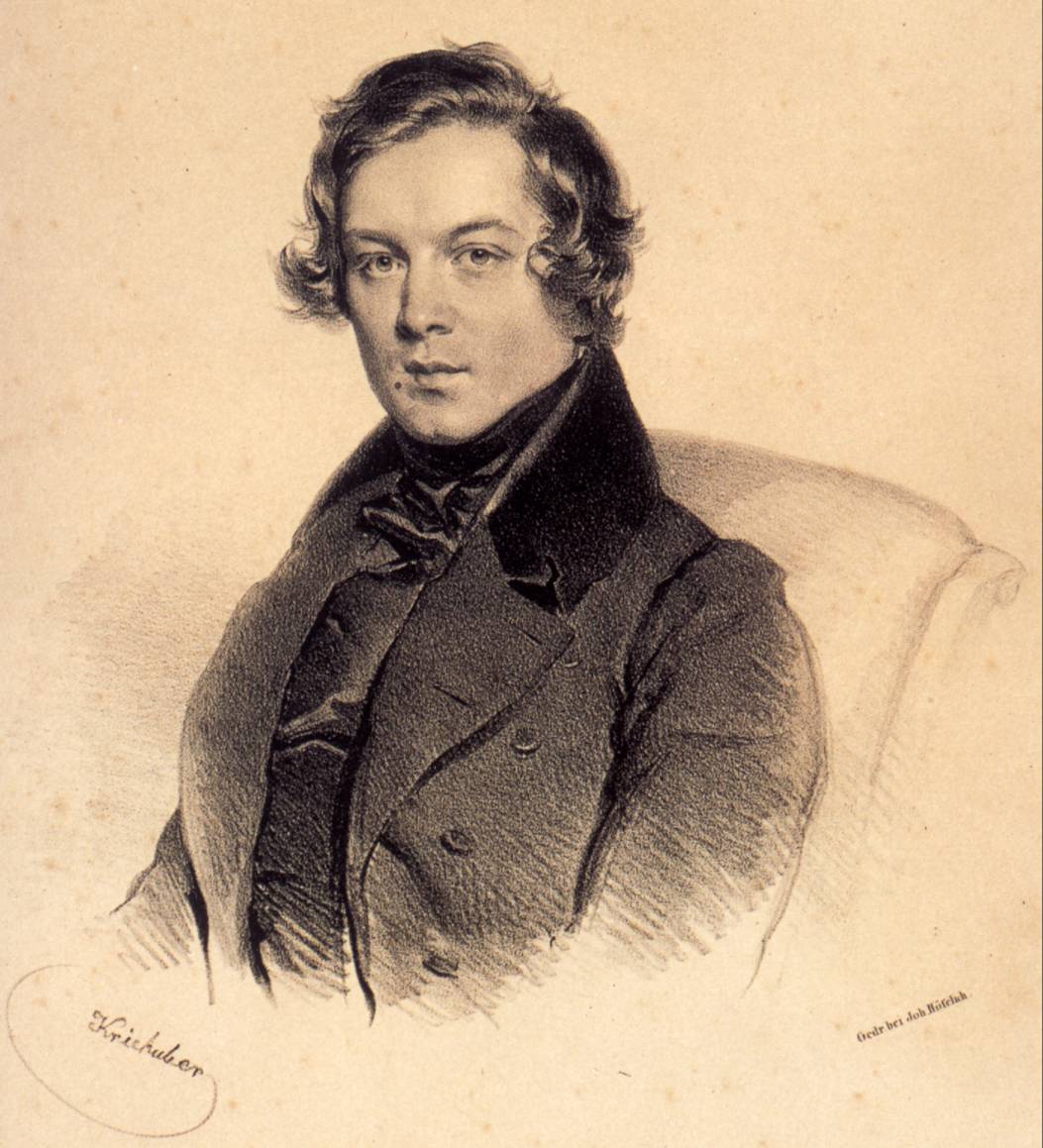
Ernestine married Count Zedtwitz in 1838, but she and her adoptive father rejected to support Friedrich Wieck in the court case against Robert Schumann. Fact is that Schumann dedicated a number of works to Ernestine who might have given him syphilis in return. We are not sure why the engagement was suddenly dissolved in the summer of 1835, but Schumann’s unexpected declaration of love for Clara might have had something to do with it. That adoption would legitimize her, but regrettably, it did not improve her economic conditions. There has been the suggestion that Papa Wieck encouraged the intimacies between Ernestine and Schumann, since “he saw how much they distressed Clara whom he wished to protect.” In the event, Robert and Ernestine got engaged, and Baron von Fricken agreed to the marriage and decided to adopt Ernestine, as she was probably the illegitimate child of his sister. Ernestine was a gifted pianist and lodged with her piano teacher Friedrich Wieck, as did Robert Schumann. When Robert Schumann met Ernestine von Fricken in 1834, he fell head over heels in love with her.

As such, it was left to his wife Clara to perform in the 1856 opening concert in London under the baton of Bennett. Robert was invited to England, but the trip never took place. 16 to Schumann, and Schumann reciprocated with his Symphonic Etudes, op. And they dedicated substantial compositions to each other Bennett inscribed his Fantasie pour le piano forte Op. They went on long country walks by day and went drinking at the local taverns by night. Schumann, a musical editor, who expected to see me a fat man with large black whiskers.” Bennett’s relationship with Mendelssohn remained formal, but his friendship with Schumann was genuine. Bennett wrote in a letter, “Mendelssohn took me to his house and gave me the printed score of his overture “Melusina,” and afterwards we supped at the Hôtel de Bavière where all the musical clique feed … The party consisted of Mendelssohn, Ferdinand David, and a Mr. Robert Schumann shared a special kinship with William Sterndale Bennett (1816-1875), whom he described as “a most brilliant artist.” Bennett made several journeys to Germany, including extended visits to Leipzig where he met with Mendelssohn and Schumann.

Eventually, Moscheles became good friends with Robert and Clara Schumann, and Schumann dedicated his “concerto without orchestra,” the Piano Sonata No. In the event, Robert decided to follow into Moscheles’ footsteps and become a piano virtuoso himself. Robert was thunderstruck, and he carefully preserved the concert program for the next twenty years.

Schumann was only six years old when his mother took him to the town of Carlsbad to hear a performance by one of the most impressive piano virtuosos of his time. One of the reasons why music eventually won the day can be attributed to the Bohemian pianist and composer Ignaz Moscheles (1794-1870). Robert Schumann began to compose before the age of seven, and a biographical sketch relates “Schumann, as a child, possessed rare taste and talent for portraying feelings and characteristic traits in melody he could sketch the different dispositions of his intimate friends by certain figures and passages on the piano so exactly and comically that everyone burst into loud laughter at the similitude of the portrait.” That love and aptitude for music fiercely competed with his love and talent for literature.


 0 kommentar(er)
0 kommentar(er)
